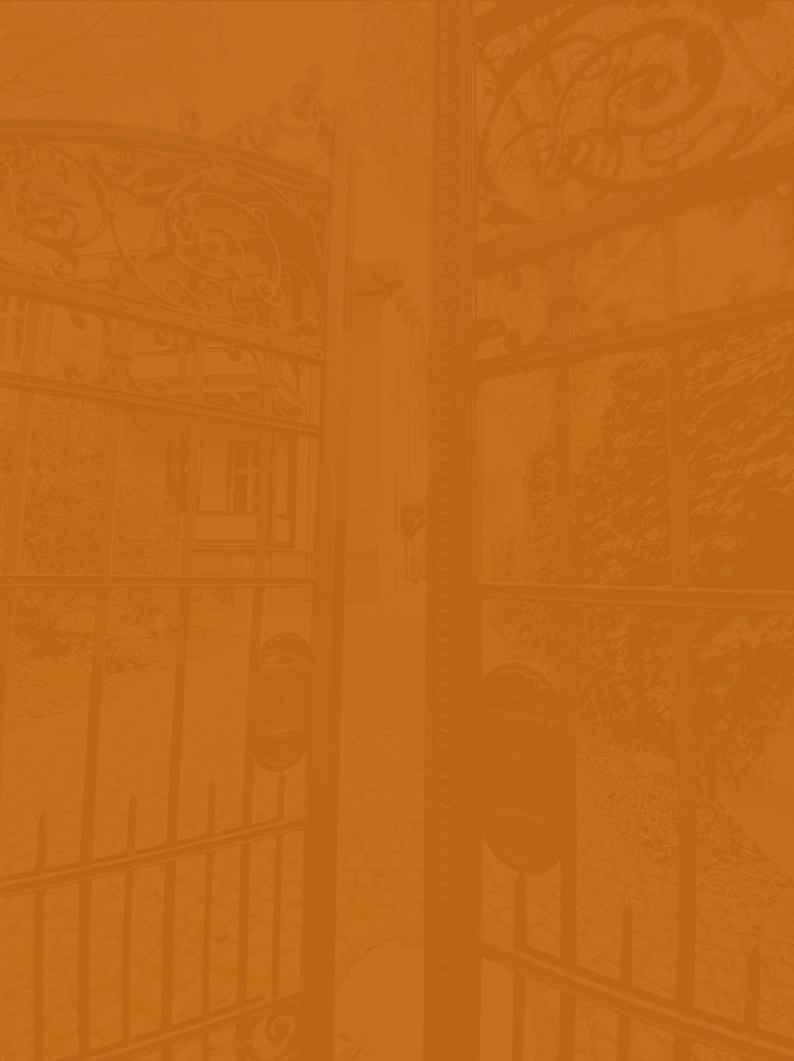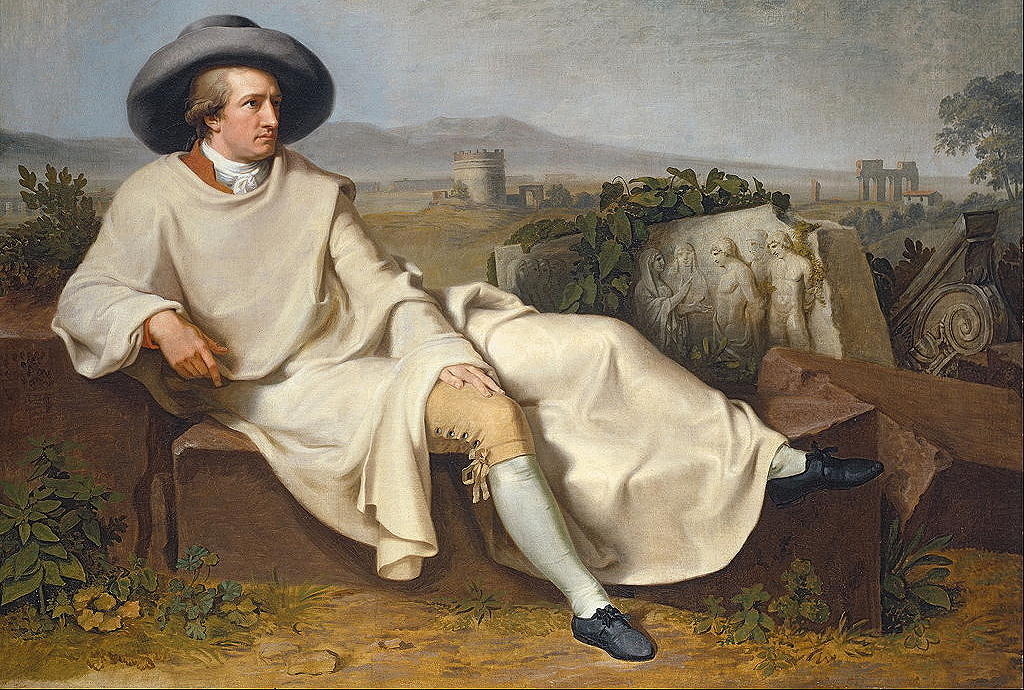


The Morbid Age - Britain and the Crisis of Civilization 1919-1939
| Autor*in: | Richard Overy |
|---|---|
| Verlag: | Penguin Books, London 2010, 544 Seiten |
| Rezensent*in: | John Burns |
| Datum: | 18.03.2016 |
Richard Overy, a historian specializing in the political and social background to World War II, provides in The Morbid Age a detailed account of intellectual life in pre-war Britain. Questioning the prevailing opinion that cultural attitudes between the Great War and the outbreak of World War II were with hindsight overtly optimistic, Overy provides a well-documented account of an age characterized by self-doubt, anxiety and a constant fear of impending doom. Admitting that “dissecting mentalities is a little like cutting mist with a knife” (Overy 2010, 6), the author reads his sources against the background of a social construct theory. The pervasive mood of gloom which descended upon intellectual life between the wars was in fact a false interpretation of historical reality. Britain, argues Overy, should have been impervious to the horrors of war, revolution, civil war and crude authoritarianism having faced all this before and emerged unscathed (Overy 2010, 48).
The intellectuals, it seems, had a vested interest in presenting the end of civilization as their intellectual property and selling it via the media to a gullible public only too willing to believe a sensational story. “Just as a crowd gathers dismayed but fascinated to watch a disastrous fire, so the inter-war intelligentsia wanted to be at the front of the throng of onlookers if civilization crashed, even if few wanted the disaster to happen to them.” (Overy 2010, 49) Pessimism, argues Overy, was highly contagious and endemic in most areas of cultural life, not merely restricted to “marginal intellectuals”, “expressionist artists and writers” (Overy 2010, 2) whose obsessions might be considered irrelevant to the cultural historian.
The broad spectrum of prophecies of doom which Overy examines reflects the class-interests and social status of those voicing them. Civilization, as defined by the individuals and groups desiring to defend and improve it, or to mourn its demise, covers a wide range of liberal, humanist values, a broad narrative of technological progress, normative morality, political democracy, high culture and Bloomsbury.
Overy voices no criticism of the aspects of culture which the intellectuals wished to defend. Of doubtful value were, however, their rash claims to foresee the end of civilization and the onset of a new Dark Age. Where was their sense of judgment and proportion? As Gilbert Murray commented on Arnold Toynbee’s tendency to preach like a Roman Cardinal, his son-in-law was indulging in “an amazing collapse of common sense” (Overy 2010, 45).
But what of the real issues which motivated the educated public to accept the cultural climate of the times as a reflection of their own concerns? Inadequate as the solutions presented often appear in the author’s reading of his sources, the threat of war, the menace of collective ideologies, the economic slump and repressive social mores presented in the language of Toynbee challenges for which responses should be found if civil society were to retain the values upon which it thrived.
Hence, the racialist nonsense of eugenics with its fascist connotations might be considered separately from the issue of improved social medicine, birth-control and gender equality. As the chapter on the decline of capitalism illustrates, much of the debate going on at the time was a search for an improved economy with less of a divide between the wealthy and the deprived. The term “morbidity” seems at times to be overworked.
As is generally the case with books of such encyclopedic scope, certain debates and issues are reduced to suit the author’s overall thesis. Friedrich Nietzsche, for example, is presented more as a publicist than as a philosopher and a cultural critic. Sigmund Freud is often presented as in Overy’s account as a speculative Kulturpessimist rather than as a philosophical anthropologist. A notable omission from Overy’s account of the inter-war period is the debate on progressive education with the contribution of Bertrand Russell, On Education (1926) and Education and the Social Order (1932).
The book is suitable to the general reader with an interest in the history of ideas. As a historical background to the cultural issues which concern many people today, Overy’s account is of great value in emphasizing the responsibility of public intellectuals to their audience. A dose of head-shrinking à la Freud, an analysis of power-striving based on the work of Alfred Adler and a critique of ideology would not go amiss amongst the talk show guests of today.